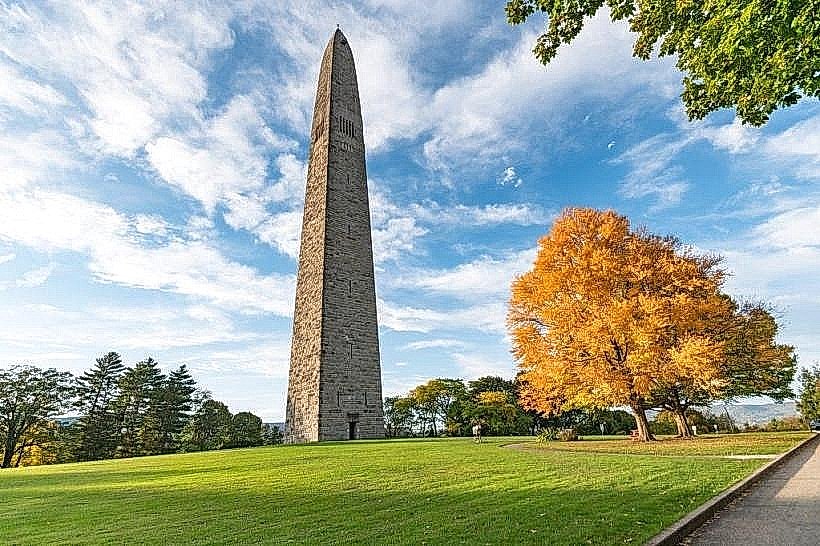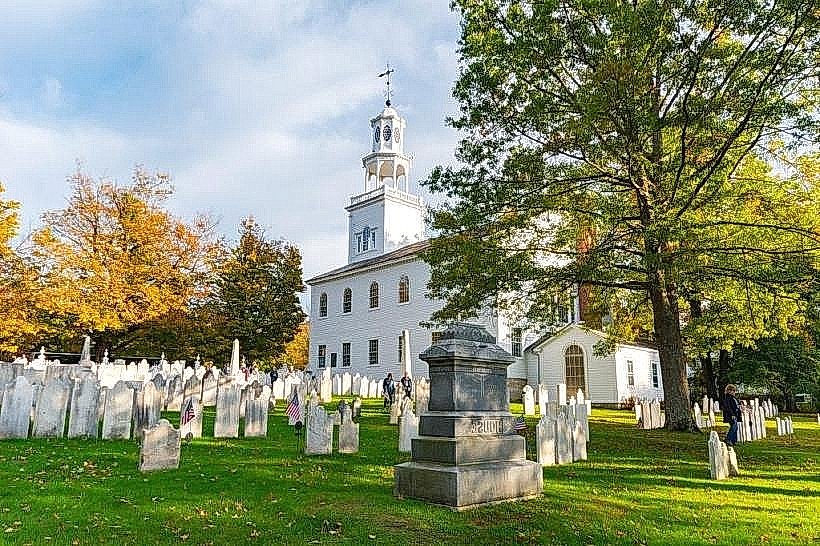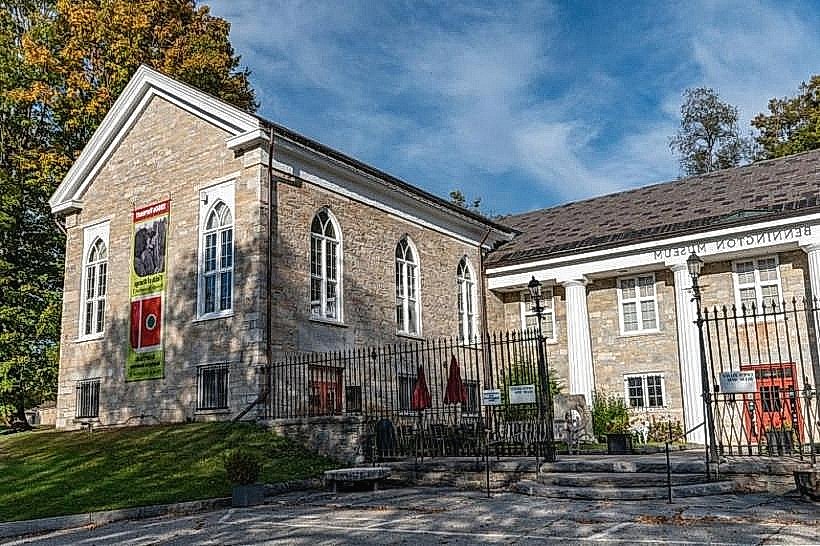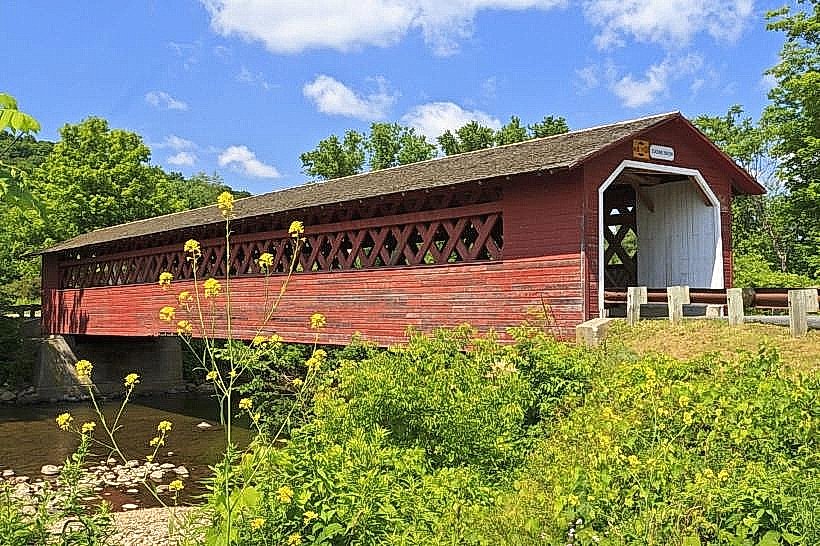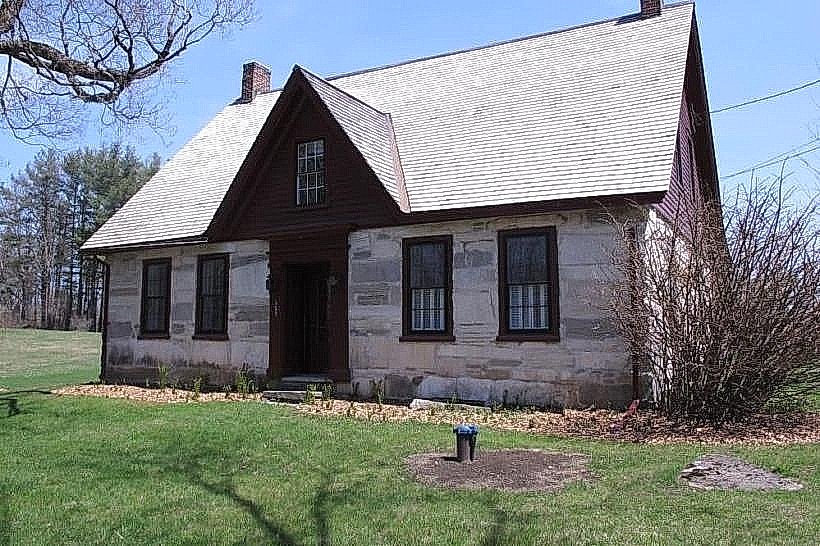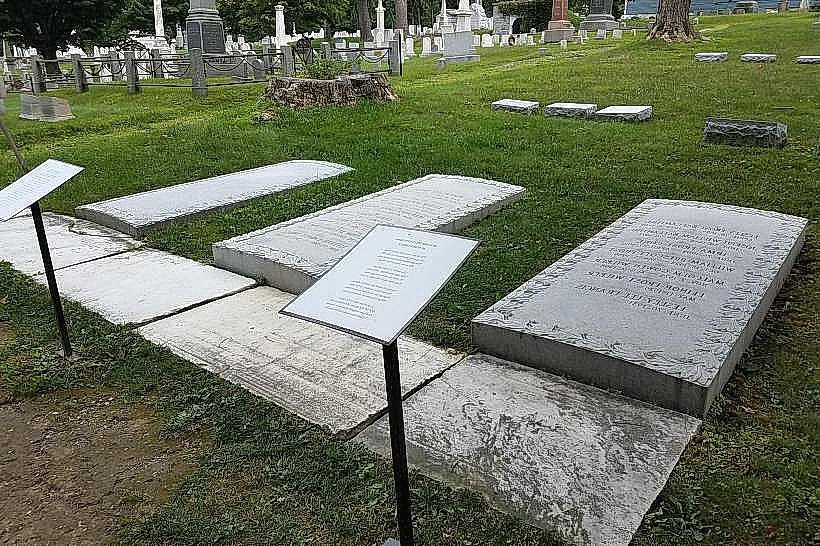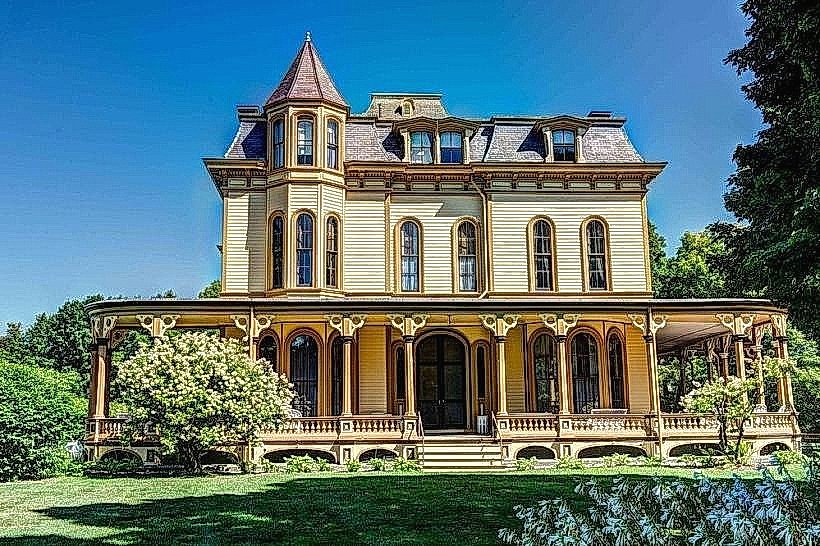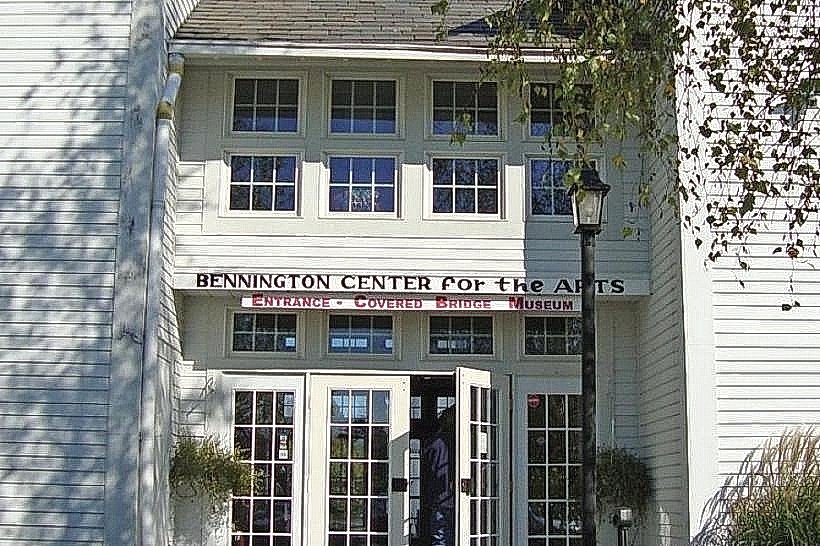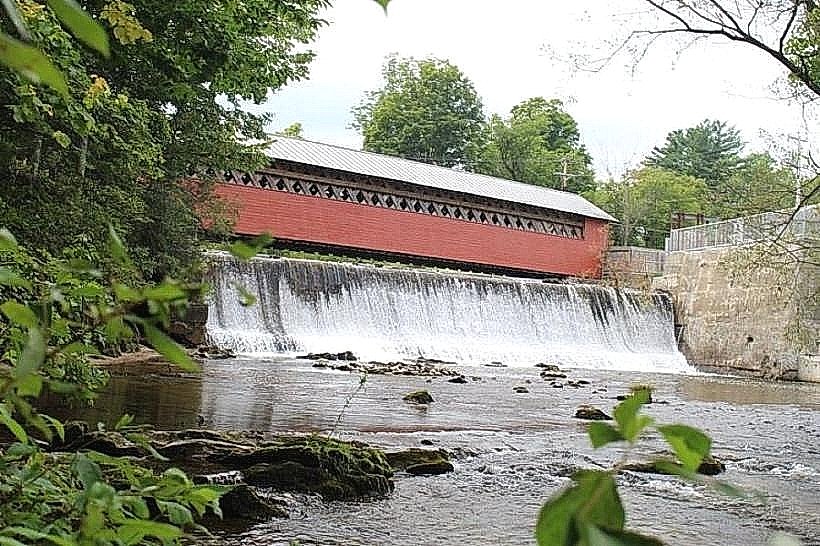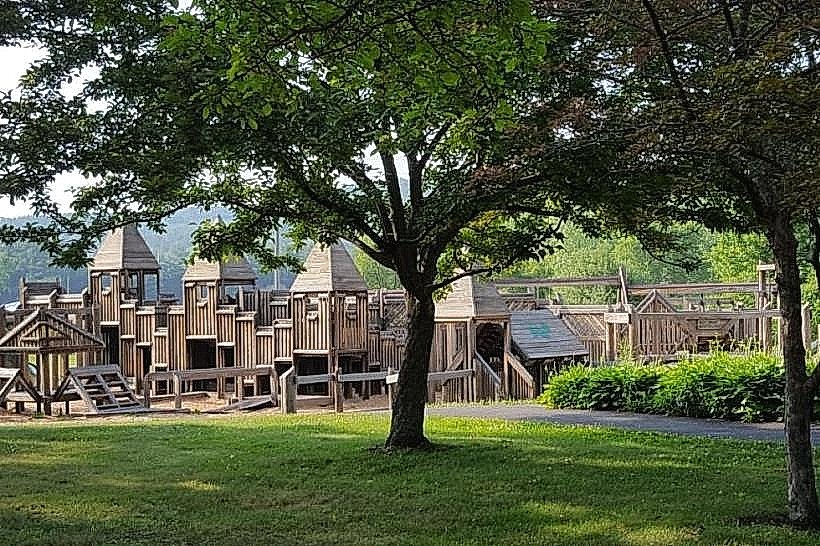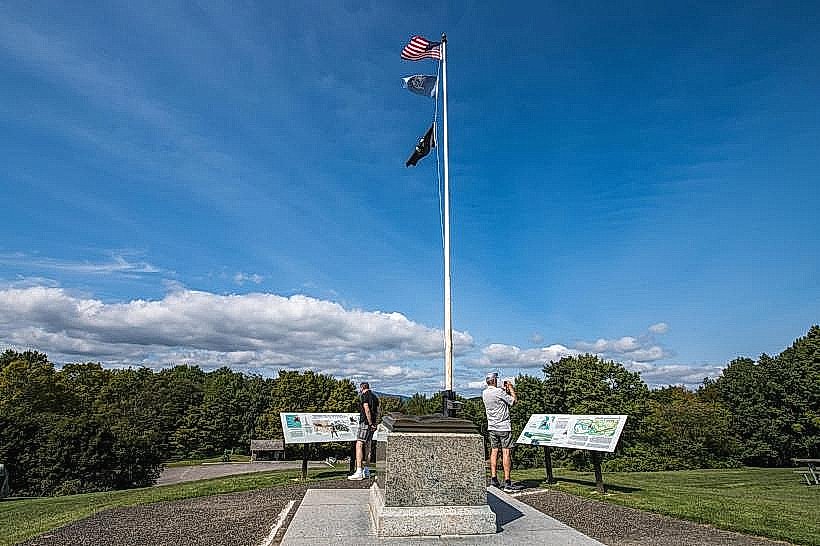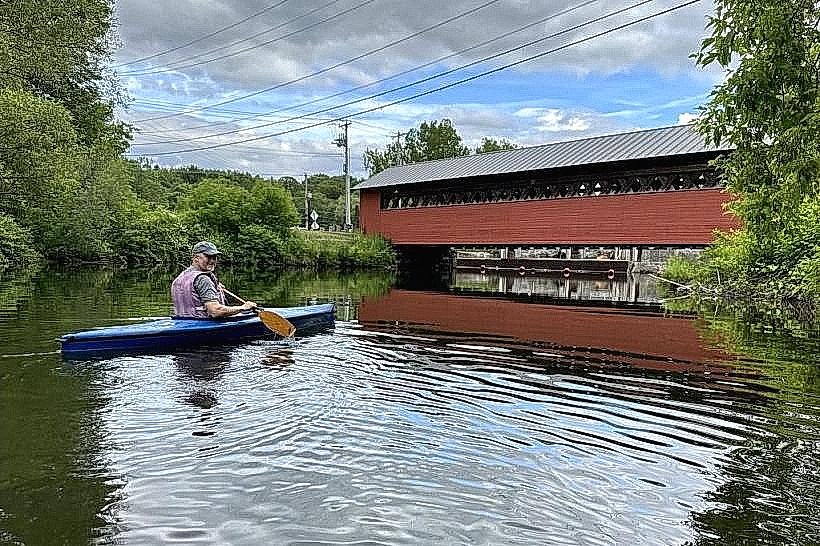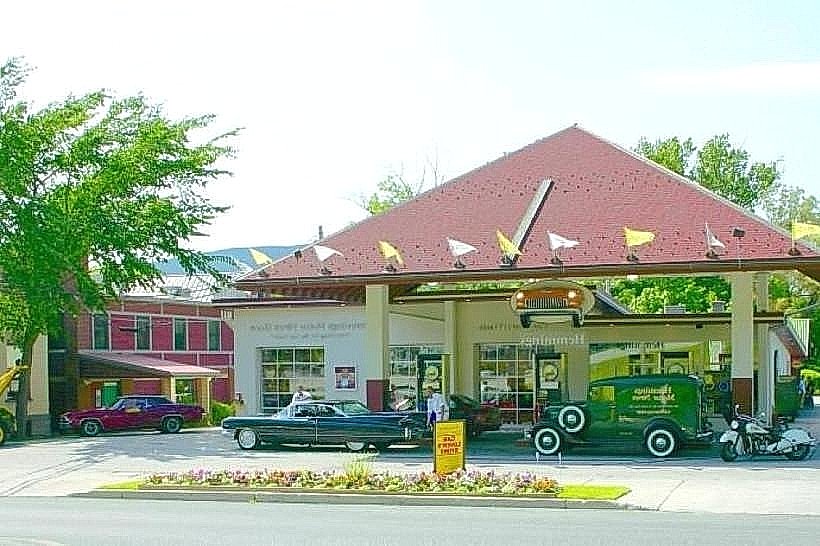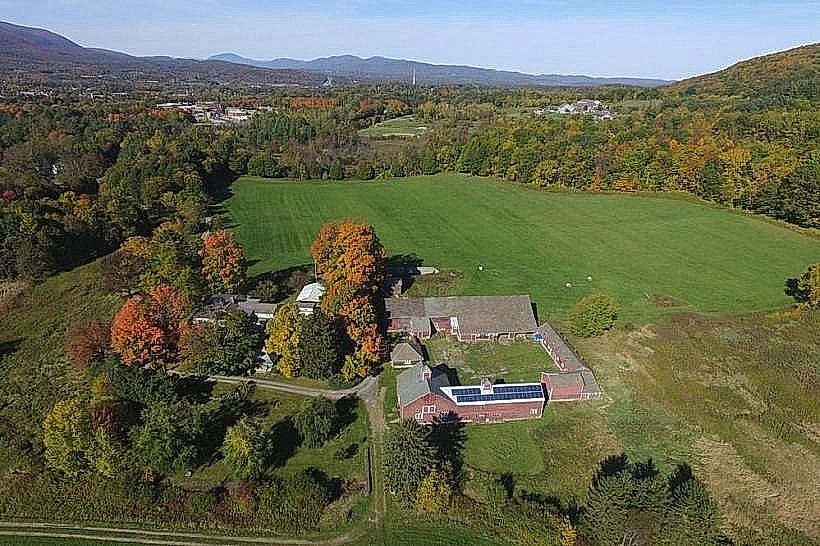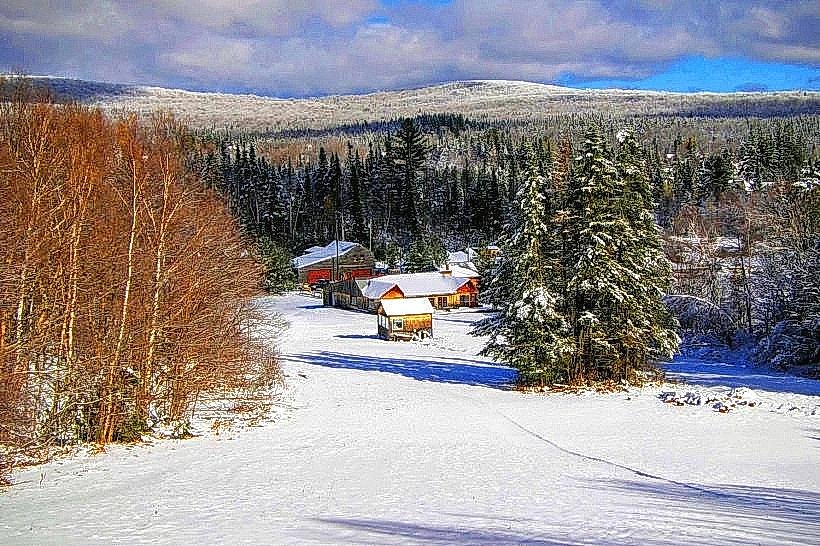Information
Landmark: Southern Vermont College TrailsCity: Bennington
Country: USA Vermont
Continent: North America
Southern Vermont College Trails, Bennington, USA Vermont, North America
Lake Tingréla is a freshwater lake located near Banfora in southwestern Burkina Faso.
Visual Characteristics
The lake is characterized by its calm, dark water, surrounded by dense vegetation including reeds and acacia trees. The shoreline is primarily composed of mud and sand. The water surface area fluctuates seasonally.
Location & Access Logistics
Lake Tingréla is situated approximately 15 kilometers northwest of Banfora. Access is via the N1 national road, turning off onto a dirt track approximately 5 kilometers past the village of Tiéfora. The track is approximately 3 kilometers long and can be rough, especially during the rainy season. Parking is available at the lake's edge, though it is informal. Public transport to the lake is limited; visitors typically arrange private transport from Banfora or Tiéfora.
Historical & Ecological Origin
Lake Tingréla is a natural lake formed by geological processes, likely a depression filled with water. It is part of the Volta River basin. Ecologically, it is a vital habitat for various bird species and aquatic life.
Key Highlights & Activities
Boat tours are available, offering opportunities to observe hippopotamuses and birdlife. Birdwatching is a primary activity. Visitors can also walk along the lake's perimeter.
Infrastructure & Amenities
Basic amenities are minimal. There are no permanent restroom facilities. Shade is provided by the surrounding trees. Cell phone signal is unreliable. Informal food vendors may be present during peak visitor times, but are not guaranteed.
Best Time to Visit
The best time for birdwatching is during the dry season, from November to April. The early morning and late afternoon offer optimal lighting conditions for photography and wildlife observation. Hippopotamus sightings are more frequent during cooler parts of the day.
Facts & Legends
Local folklore states that the lake is inhabited by spirits and that hippopotamuses are sacred guardians. It is advised not to disturb the wildlife or enter the water.
Nearby Landmarks
- Cascades de Karfiguéla (0.8km South)
- Sindou Peaks (12km West)
- Banfora (15km Southeast)
- Domes de Fabedougou (18km Southeast)

